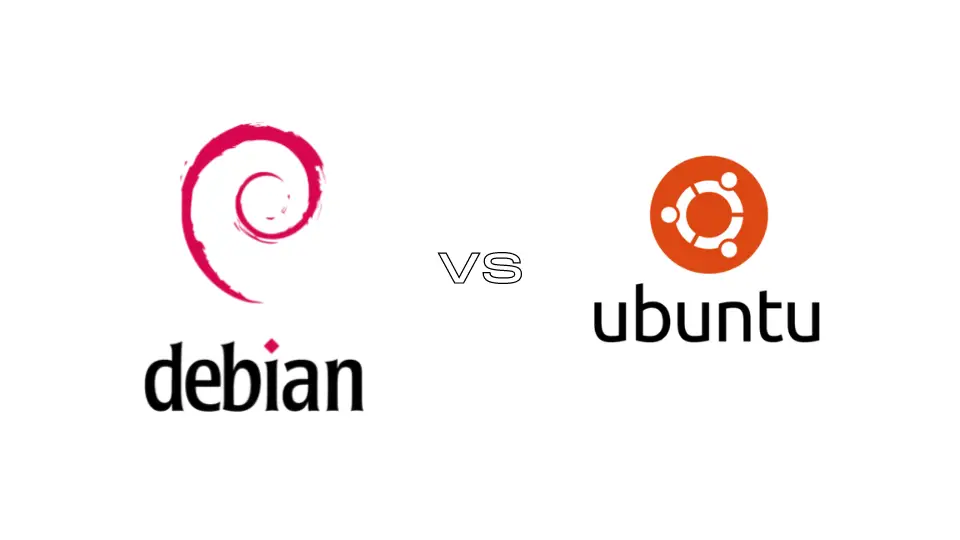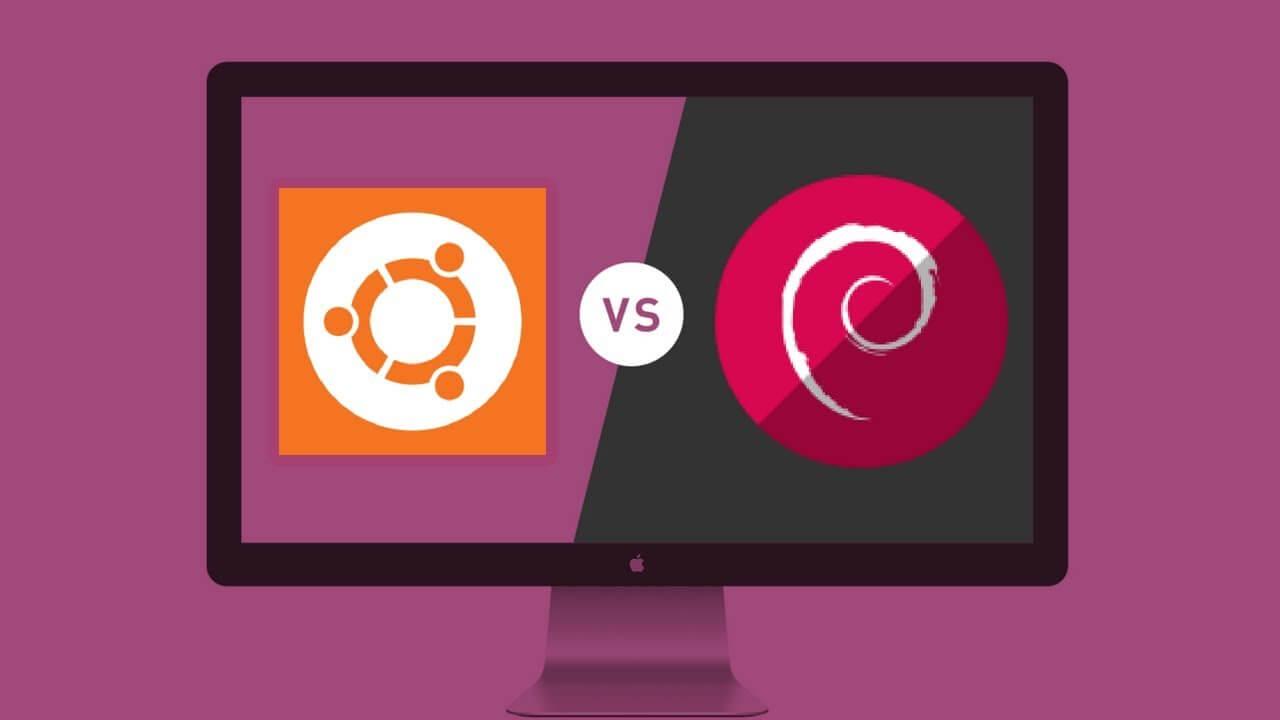Debian Vs. Gentoo: The Developer’s Choice

Executive Summary

Debian and Gentoo are two of the most widely used Linux distributions, renowned for catering to distinct computing needs and user preferences. Debian, known for its stability, holds the distinction of being one of the oldest and most influential distros. On the other hand, Gentoo, often considered the polar opposite of Debian, embraces the frontiers of system customization.

While both distributions offer user-friendly interfaces, they vary in terms of system management and package installation. Debian employs a more conventional approach, utilizing pre-compiled packages and a centralized package management system. Contrastingly, Gentoo promotes a high level of customization by requiring users to compile software from source code. Developers often favor these distros for their flexibility and abundance of resources.
Introduction
Beyond the surface differences, the true essence of Debian and Gentoo lies in their fundamental design philosophies, shaped by their respective user communities. Debian, helmed by its esteemed project leader Ian Murdock, is driven by a paramount concern for stability, security, and ease of maintenance. Its package management system, aptly named Advanced Package Tool (APT), streamlines the installation, removal, and updating of software. Gentoo, spearheaded by Daniel Robbins, embodies the antithesis of Debian’s philosophy. It relinquishes the virtues of stability and ease of use in favor of ultimate control and flexibility. Gentoo’s Portage package manager empowers users with unparalleled customization, enabling them to optimize software for specific hardware and requirements.
The Essence
1. Stability and Reliability
Debian’s unwavering commitment to stability has fostered a reputation for being rock-solid. Frequent security updates maintain this stability, minimizing the likelihood of vulnerabilities and downtime. Its focus on stability makes it a prime choice for servers, mission-critical applications, and production environments.
Gentoo, in contrast, adopts a rolling release model characterized by continuous updates, embracing new software and security patches promptly. While it provides access to bleeding-edge software, this approach occasionally introduces bugs and instabilities. However, Gentoo’s stability has improved over the years, making it a viable option for desktop users seeking the latest software.
2. Customizability and Flexibility
Gentoo distinguishes itself with its exceptional customizability. Its Portage package manager grants users complete control over every aspect of the system, empowering them to craft a distribution tailored to their specific preferences and requirements. This flexibility extends to kernel configuration, software compilation, and system optimization.
Debian, on the other hand, offers a more streamlined approach, presenting pre-configured packages that cater to the needs of a broader user base. While Debian users enjoy a repository of over 50,000 packages, Gentoo possesses a smaller repository of 20,000 packages, with the unique advantage of enabling compilation from source code, opening the door to the latest software and modifications.
3. Package Management
Debian’s Advanced Package Tool (APT) redefines convenience in package management. Its user-friendly interface simplifies software installation, removal, and updates, easing the administrative burden. APT’s extensive repository accommodates diverse software requirements, catering to a vast user base. Moreover, its popularity has attracted a plethora of third-party applications and scripts, further extending its functionality.
Gentoo’s Portage package manager, while less user-friendly, is a testament to its philosophy of customization. It empowers users with granular control over every aspect of the software installation process. Portage’s command-line interface may seem daunting initially, but its documentation and supportive community mitigate this learning curve.
4. Community and Support
Debian basks in the warmth of a vibrant and supportive community, known for its willingness to assist fellow users and contribute to the project’s development. This collaborative spirit has resulted in extensive documentation, tutorials, and community forums, offering valuable guidance to both novice and experienced users alike.
Gentoo, too, boasts a dedicated community, albeit smaller in size. Its members are renowned for their expertise in intricate system configurations and their unwavering dedication to sharing knowledge. Gentoo’s documentation, while comprehensive, assumes a certain level of Linux proficiency, catering more to experienced users.
5. Software Availability
Debian’s vast repository of over 50,000 packages, coupled with its popularity, ensures effortless access to a wide array of software applications. This extensive repository includes games, development tools, multimedia software, and utilities, catering to diverse user requirements and preferences.
Gentoo, while offering a smaller repository of 20,000 packages, compensates with its unique ability to compile software from source code. This opens up a world of possibilities, enabling users to access the latest software, bleeding-edge applications, and specialized software tailored to specific needs.
Conclusion
Ultimately, the choice between Debian and Gentoo hinges upon the user’s specific preferences and requirements. Debian emerges as the ideal choice for users seeking stability, ease of use, and extensive software availability. Gentoo, on the other hand, beckons developers and enthusiasts seeking unparalleled customization, flexibility, and the ability to mold their system to their exact specifications.
Keyword Phrase Tags
- Debian
- Gentoo
- Linux distributions
- Package management
- Customization

Nice comparison of Debian and Gentoo! I never thought there were such critical differences between them, especially when it comes to customization. Gentoo seems to be a great choice for those who want full control over their system.
Why Gentoo is so complicated? I mean, I like to customize my system, but not to the point where I have to compile everything from source. Debian seems much more user-friendly and still offers a good level of customization.
It is important to note that Gentoo uses a rolling release model, while Debian uses a stable release model. This means that Gentoo is constantly updating, while Debian only receives major updates every 2 years. This can be a significant difference for users who want the latest and greatest software.
I believe that Gentoo is a better choice for developers than Debian because it gives you more control over your system. With Gentoo, you can compile your own kernel and optimize your system for your specific needs.
So, you’re telling me that Gentoo is the best choice for developers because it’s so difficult to use? That’s like saying that the best way to learn to swim is to throw yourself into the deep end.
Oh, you want to use Gentoo? Well, good luck with that. I hope you have a lot of time on your hands, because you’re going to need it.
I installed Gentoo once. It took me three days to get it working. Then I realized I had installed the wrong version. So I had to start all over again.
If you’re thinking about using Gentoo, I recommend checking out the Gentoo Handbook. It’s a great resource that will help you get started with Gentoo.
I’m not sure I’m ready to try Gentoo. It seems like it would be too much work. I think I’ll stick with Debian for now.
I’ve been using Gentoo for years, and I love it. It’s a great distro for developers who want full control over their system. But it’s not for everyone. If you’re not comfortable with compiling your own kernel, then you should probably stick with Debian.